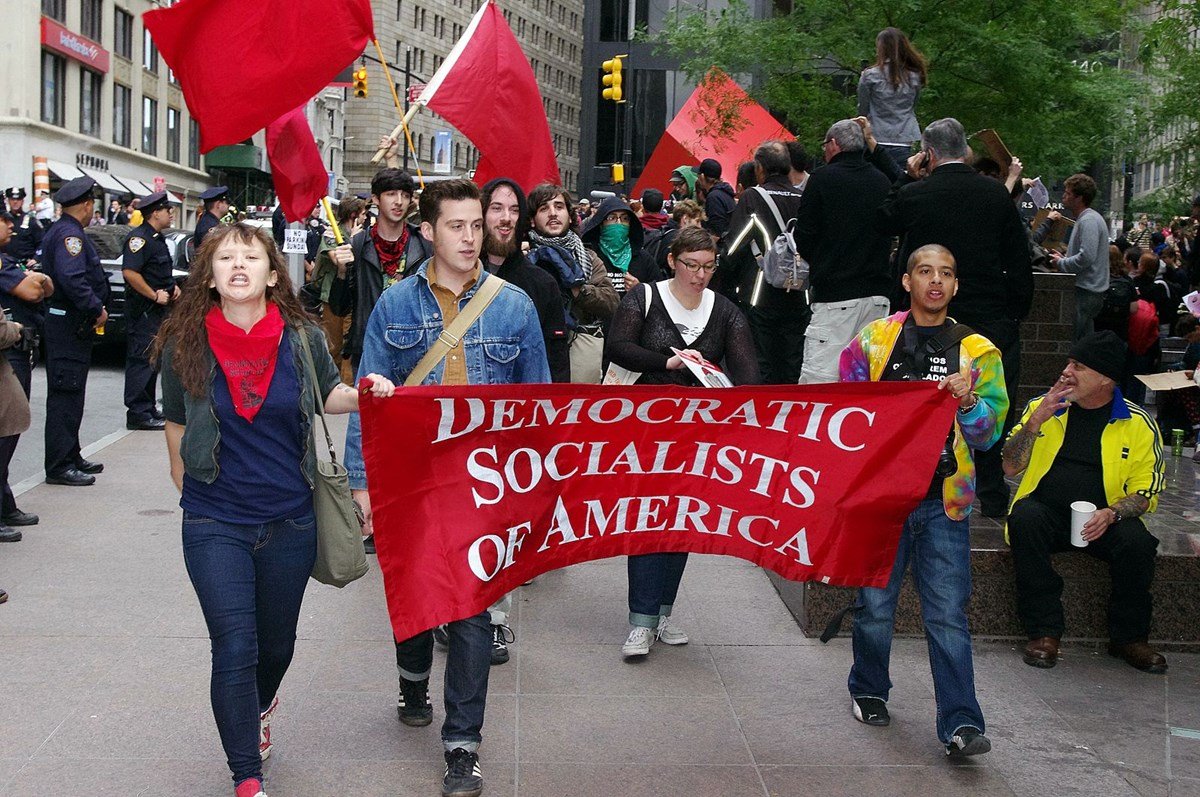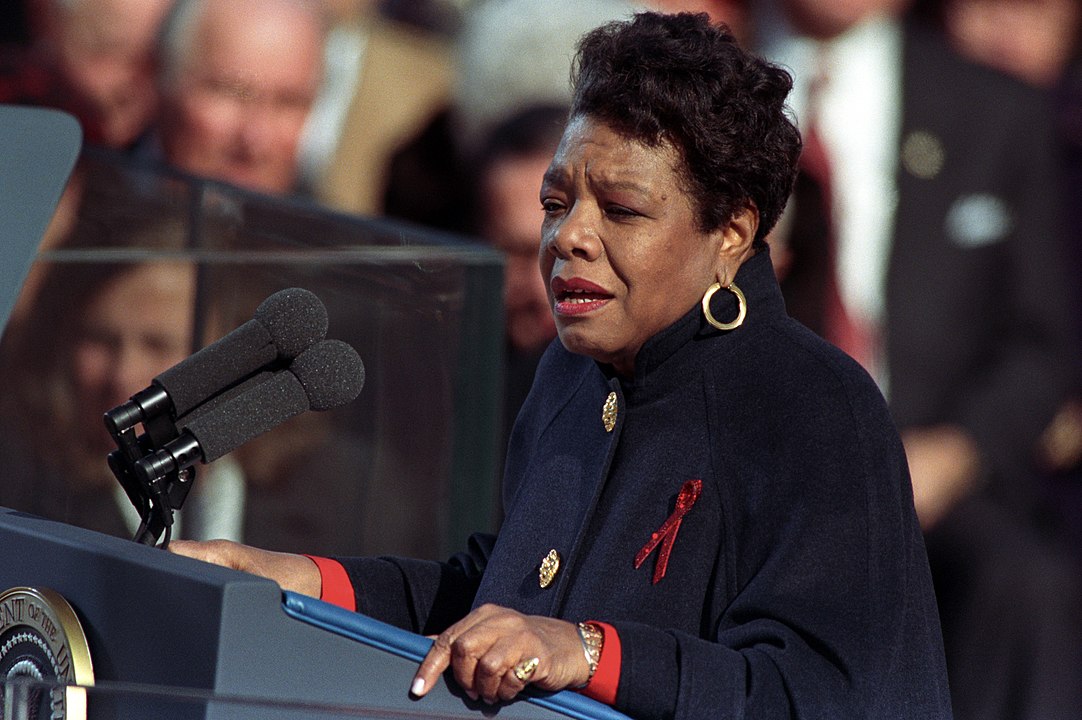The Great Representation Scam

By Thomas Lambert
Staff Writer
30/6/2021

“Representation” is everywhere these days. From the Hollywood blockbuster to the Fortune 500 boardroom to the Ivy League college, every shining synecdoche of American culture now pays it lip-service – resolving to be more “representative” and “inclusive” and “diverse” in hushed and reverent tones. Britain and France aren’t far behind. Cyberspace teems with its zealots, gushing over the latest all-black cast or all-female boardroom, or else foraging about for something culturally homogeneous to denounce and destroy.
To question the mania for representation is to announce oneself as a tired old reactionary, to forfeit one’s membership to society’s more polite, well-heeled, bien pensant circles. This is because its clearest effect is so obviously benign: after all, why shouldn’t black people, so long snubbed by Hollywood, have the scales tipped in their favor? Why shouldn’t women take their turn dominating boardrooms, after thousands of years of male oppression?
But it’s worth asking what this new trend obscures. There has always been a dark side to “representation” – a susceptibility to what the philosopher Isaiah Berlin called “rhetorical abuse” by those in power. Monarchs only started to talk of “representing” their subjects in the twilight of feudalism, when the concept of divine right to rule had lost its legitimacy. And early liberal constitutionalists were little better: for all the claims of French Revolutionaries to “represent” the “general will,” most poor French people in the First Republic were trapped in the same institutions of peasantry and wage-slavery as they were under the Bourbons. This was the essence of Karl Marx’s 1843 essay “On the Jewish Question:” it scarcely mattered if you were ruled by one monarch or a whole chamber of Jacobins; political “representation” meant a select few acting in the name of the many.

Karl Marx
Implicit in Marx’s critique is the argument that any institution, any agency, any corporation can claim to “represent” the people it exploits, with almost no impact on its day-to-day functioning. And sure enough, exactly the same thing is happening now: the same “rhetorical abuse,” the same camouflage of power. Your favorite fashion brand found a couple of photogenic black women to tout their polyester bras? No need, then, to scrutinize their supply chains, their factory conditions, their cotton fields. Apple launched a new Racial Equity and Justice Initiative? Who cares, then, that it’s been implicated in child labor in sub-Saharan Africa. Amazon commissioned a new Prime show about a trans woman? No worries, then, about its anti-union propaganda, or the fact that some of its overworked employees have resorted to defecating in bags. Worst of all was a recent CIA promotional video featuring a young Latina agent who “refuses to apologize” for who she is. It’s all there, every buzzword, every squalid cliché, almost to the point of satire: “I am a cisgender millennial, who has been diagnosed with generalized anxiety disorder,” “I am intersectional, but my existence is not a box-checking exercise,” “I used to struggle with impostor syndrome, but at 36 I refuse to internalize misguided patriarchal ideas of what a woman can or should be.” The CIA – the same CIA that armed savage contras in Nicaragua, that toppled the democratically-elected Salvador Allende in Chile, that helped install the brutal Jorge Rafael Videla in Argentina – is now a “representative” institution.
Modern CIA promotional video
Like Marx’s Jacobins, today’s partisans of “representation” want to create an illusion of beneficence, without actually enacting any structural change. What should strike us about the various missives and promotional materials in which corporations crow about how “representative” they now are is how far removed these representatives are from the average worker. What’s the basic unit of corporate engineering, the stage on which companies seek to tout their “representative” credentials? Not the rank-and-file workers or the supply chains, but the boardroom. What metric has society settled on as its great bellwether of gender equality? Not median pay or maternity leave, but the number of female CEOs of Fortune 500 companies. By the managerial class, for the managerial class. Always.
Today’s partisans of “representation” want to create an illusion of beneficence, without actually enacting any structural change.
It’s all there, if you look closely. These days, the real champions of “representation” – its real proselytisers and evangelists – are not grassroots activists or trade union leaders or artists, but human resources departments, paid for and sustained by the largest and least scrupulous corporations in the world. Vivek Ramaswamy, a biotech multimillionaire from Ohio, made the point admirably in a recent article in the Wall Street Journal. “Wokeism,” Ramaswamy argued, is the product of a specific historical moment – namely, the public relations crisis that threatened the various organs of capitalism in the wake of the 2008 financial crisis. Occupy Wall Street was gaining traction; calls to break up banks that had received government bailouts were becoming mainstream. The endless crowing about boardroom representation and the “racially disparate impact of climate change” was no more than a “lifeline,” a cynical plan hatched in the elite conclaves of Davos and Silicon Valley to pacify the anti-capitalist mob. And it worked.
It would be one thing if this was confined to the boardroom; but the spores have caught the wind. Last August, Adolph Reed Jr, an esteemed black Marxist, and professor emeritus in political science at the University of Pennsylvania, had his invitation to speak to the Democratic Socialists of America rescinded after vociferous objections from a body called the AFROSOCialist caucus, on the grounds that Reed, in invoking “ephemeral class solidarity” over race, was guilty of “class-reductionism.” Suddenly “class” – a notion without which any kind of leftist critique becomes impossible, and which even the great apostles of 1980s intersectionalism were loath to ignore – was taboo, a crass and unseemly distraction from real issues like race.

Members of the Democratic Socialists of America at an Occupy Wall Street Rally in 2011 (Picture Credit: David Shankbone)
The Democratic Socialists of America might seem far removed from the political mainstream. But the same rhetorical moves, the same sleights of hand now seethe beneath the surface of national politics, too. Before the 2016 Democratic primaries, Hillary Clinton’s campaign helped popularize the term “Bernie bro” to imply that those who supported her rival, Bernie Sanders, were predominantly white and male, and thus not representative enough. Clinton ended up winning 75.9% of the black vote in the primaries against Sanders’ 23.1%, and 61% of the female vote against Sanders’s 37%. Never mind that Clinton vowed that single-payer healthcare (overwhelmingly popular among black voters, with 74% approval) would “never, ever” happen, or that most of the concrete accusations against Bernie supporters were comprehensively debunked.
In 2016, Hillary Clinton’s campaign helped popularize the term “Bernie bro” to imply that those who supported her rival, Bernie Sanders, were predominantly white and male, and thus not representative enough.
This is, in fact, an old trick from the Clinton playbook. Bill Clinton deployed it expertly at his 1994 inauguration, where he had the famous black memoirist Maya Angelou recite a poem, leading to a surge in popularity among African Americans. Never mind that just the year before he’d made a point of flying back to Arkansas to supervise the execution of a mentally disabled black man named Ricky Ray Rector – a modern lynching, simply to make himself look “tough on crime.” And never mind that, a year after Angelou’s performance, Clinton’s 1994 Crime Bill sucked thousands of young African American men irrevocably into the prison system. African Americans had been “represented,” and yet for the vast majority of them nothing changed.

Maya Angelou reciting her poem at Bill Clinton’s inauguration (Picture Credit: Courtesy, William J. Clinton Presidential Library)
We’d do well to remember stunts like this when, for instance, Joe Biden (another opponent of single-payer healthcare) chooses to celebrate his inauguration by plucking out a young, black slam poet named Amanda Gorman from obscurity and asking her to recite an appalling piece of doggerel called “The Hill We Climb.” And we’d do well to remember, before we buy the Oprah-stamped print edition, or before we take to our Twitter accounts to gush over how wonderful we thought it was (and how “inclusive” and “representative” it proves the new administration to be), that Marx warned us about shams like this in 1843. We’re doing what Plato warned us about in 375 BC in his critique of “representation” in the Republic. We’re mistaking the image for the thing itself.
We ought to recognize “representation” for what it, in almost every case, is: business in blackface, capital in drag. It may seem benign to rave about “representation” – to gush over Marvel’s progressiveness or Amanda Gorman’s “relatability,” or whatever’s next in the endless, technicolor churn. But it isn’t. It’s the opposite. The history of representation makes this abundantly clear: every faux controversy and every pseudo-protest and every bloated old liberal canard helps lend a sheen of legitimacy to institutions and corporations that are fundamentally exploitative. What could be less progressive than that?
